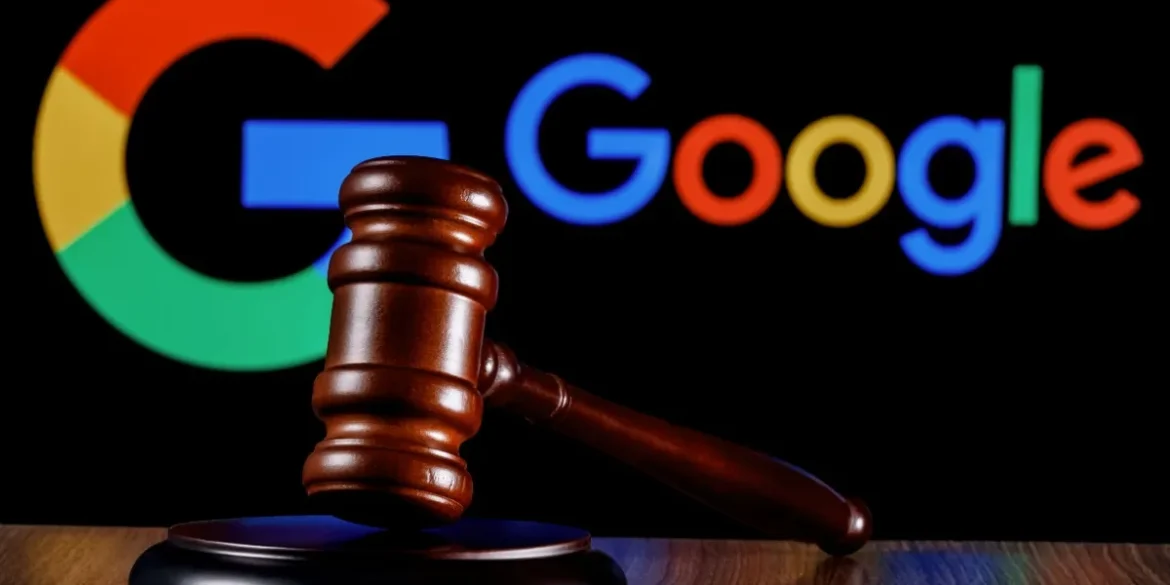Google’s Dominance in Search Under Renewed Scrutiny
In a landmark antitrust case that could reshape the future of internet access, the U.S. Department of Justice has intensified its stance against Google. Federal prosecutors argue that Alphabet Inc.’s recent AI advancements, including its Gemini AI integration, may serve to reinforce its dominance in the online search market.
The trial, now underway in Washington D.C., is being closely watched by legal, tech, and policy circles. DOJ attorney David Dahlquist emphasized during his opening remarks that Google must not be allowed to use emerging AI tools to further entrench its monopoly. He called for sweeping remedies, including the divestiture of the Chrome browser.
Exclusive Deals and AI as a Competitive Edge
Court documents have revealed that Google has struck multi-year agreements with smartphone makers like Samsung to preload Gemini AI, allegedly paying “enormous sums” monthly to secure its presence. Such contracts, prosecutors claim, mirror previous exclusivity deals that Judge Amit Mehta found helped sustain Google’s monopoly.
The DOJ further argues that AI tools like Gemini should be considered as extensions of Google Search, noting that the AI outputs often direct users back to Google’s core services.
Industry Pushback and Competitive Friction
Google’s legal team maintains that the case does not apply to AI innovations. Lead counsel John Schmidtlein framed the DOJ’s remedies as a “wishlist” from rivals who are already competing effectively. OpenAI’s Nick Turley is expected to testify on behalf of the government, further illustrating how generative AI overlaps with search.
Executives at Google caution that drastic interventions—such as ending exclusivity agreements or forcing asset sales—could harm innovation. In a blog post, Google’s Lee-Anne Mulholland warned these measures could hinder American competitiveness in the fast-moving AI arena.
Proposed Remedies: Breaking the Search Stronghold
Among the proposed fixes are:
- Termination of default search agreements with Apple and other OEMs
- Licensing Google’s search results to competitors
- Potential sale of the Android operating system
Google has vowed to appeal any adverse decision, asserting that restricting its commercial relationships would disrupt the broader digital ecosystem and burden consumers.

